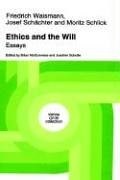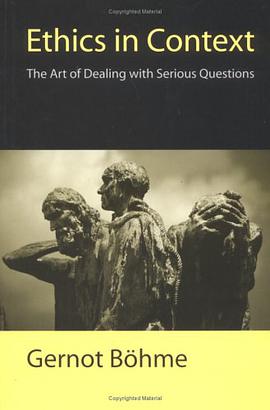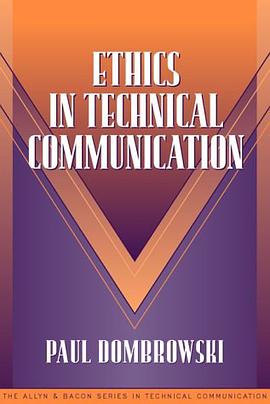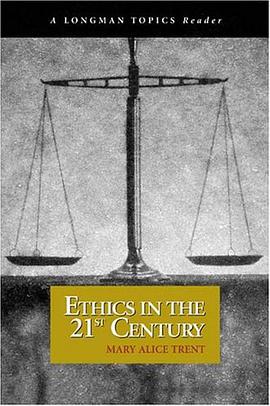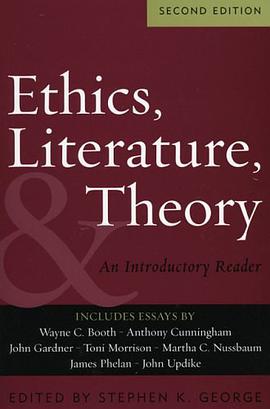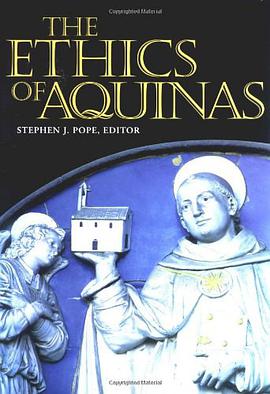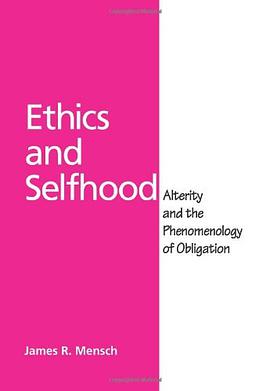

Argues that a coherent theory of ethics requires an account of selfhood. According to James R. Mensch, a minimal requirement for ethics is that of guarding against genocide. In deciding which races are to live and which to die, genocide takes up a standpoint outside of humanity. To guard against this, Mensch argues that we must attain the critical distance required for ethical judgment without assuming a superhuman position. His description of how to attain this distance constitutes a genuinely new reading of the possibility of a phenomenological ethics, one that involves reassessing what it means to be a self. Selfhood, according to Mensch, involves both embodiment and the self-separation brought about by our encounter with others--the very others who provide us with the experiential context needed for moral judgment. Buttressing his position with documented accounts of those who hid Jews during the Holocaust, Mensch shows how the self-separation that occurs in empathy opens the space within which moral judgment can occur and obligation can find its expression. He includes a reading of the major moral philosophers--Plato, Aristotle, Kant, Mill, Arendt, Levinas--even as he develops a phenomenological account of the necessity of reading literature to understand the full extent of ethical responsibility. Mensch's work offers an original and provocative approach to a topic of fundamental importance.
具体描述
读后感
评分
评分
评分
评分
用户评价
相关图书
本站所有内容均为互联网搜索引擎提供的公开搜索信息,本站不存储任何数据与内容,任何内容与数据均与本站无关,如有需要请联系相关搜索引擎包括但不限于百度,google,bing,sogou 等
© 2025 book.wenda123.org All Rights Reserved. 图书目录大全 版权所有


